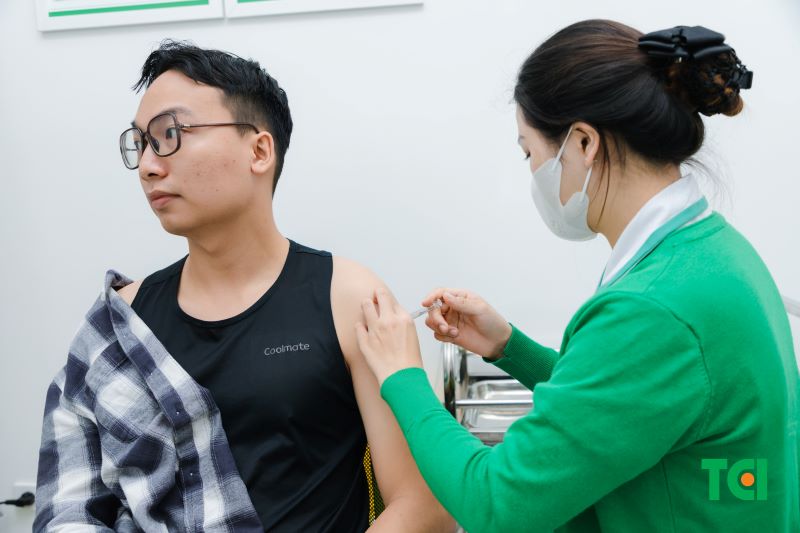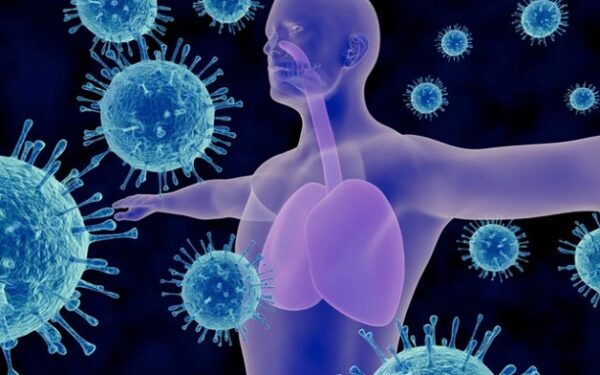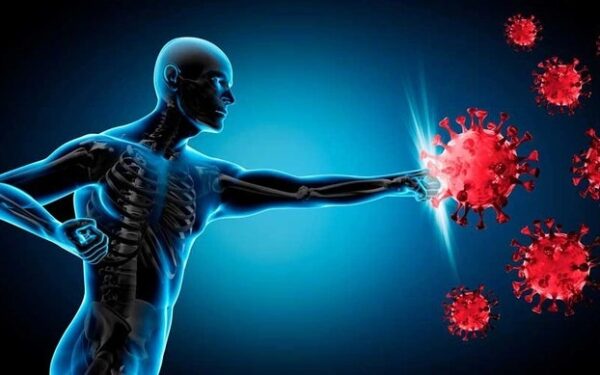Vaccination is one of the most effective methods to prevent numerous infectious diseases, including measles, hepatitis, and chickenpox. When a vaccine is administered, the body develops antibodies—crucial proteins that help identify and eliminate disease-causing agents. But how exactly does antibody formation after vaccination work? Are these antibodies permanent, and how do they protect the body? This article delves into the mechanism of antibody formation and its critical role in safeguarding health.
1. How Antibodies Are Formed After Vaccination
1.1. Vaccines and Their Role
Vaccines contain components derived from weakened or inactivated bacteria or viruses, or even specific parts of them, such as surface proteins. Once introduced into the body, the immune system recognizes these components as foreign invaders, even though they cannot cause disease. This recognition triggers a series of immune responses, teaching the body how to identify and combat the pathogen if it re-enters in the future.
1.2. Antibody Development After Vaccination
After receiving a vaccine, the immune system begins producing antibodies—proteins that can specifically recognize and neutralize the bacteria or viruses causing the disease. These antibodies attach to the pathogens (antigens), aiding in their destruction or preventing their spread within the body.
There are two primary types of antibodies produced after vaccination:
– IgM Antibodies: These are the first antibodies produced after vaccination, providing immediate protection. However, IgM antibodies have a short lifespan.
– IgG Antibodies: Once the body has identified the pathogen, it continues producing IgG antibodies, which are more durable and provide long-term immunity.

Antibodies will be formed in the body after vaccination
1.3. Immune Memory
An essential aspect of antibody formation after vaccination is the development of memory cells. These specialized immune cells retain information about the pathogen. If the same pathogen reappears, memory cells quickly trigger the production of antibodies, ensuring a rapid and effective defense.
2. How Long Do Antibodies Last After Vaccination?
2.1. Duration of Antibody Protection
The lifespan of antibodies depends on the type of vaccine and its mechanism. Some vaccines offer lifelong immunity after a single dose, while others require booster shots to maintain protective antibody levels.
– MMR Vaccine (Measles, Mumps, Rubella): Antibodies against measles and rubella can last a lifetime after two doses, but mumps antibodies may diminish over time.
– Hepatitis B Vaccine: This vaccine provides long-term protection, although a booster may be needed after 10 years for some individuals.
– Flu Vaccine: Influenza antibodies typically last about one year due to the virus’s frequent mutations, necessitating annual vaccination.
2.2. Factors Influencing Antibody Longevity
Several factors can affect how long antibodies remain in the body:
– Vaccine Type: Some vaccines provide permanent immunity, while others require periodic boosters.
– Individual Health: People with weakened immune systems, such as those with chronic diseases, the elderly, or infants, may need additional doses to maintain sufficient antibody levels.
– Pathogen Variability: For diseases like influenza, mutations in viruses can render older antibodies less effective, necessitating updated vaccines.

Not everyone has the same duration of antibody presence after receiving a vaccine.
2.3. How Antibodies Protect the Body
– Blocking Pathogen Entry: When the body encounters a pathogen it has been vaccinated against, antibodies recognize and bind to the pathogen’s antigens. This prevents the pathogen from entering cells and spreading within the body.
– Activating Immune Cells: Antibodies act as a shield and a signal, recruiting immune cells like phagocytes to engulf and destroy the pathogen.
– Reducing Disease Severity: Even if infection occurs, antibody formation after vaccination reduces disease severity, enabling faster recovery and fewer complications.

If you contract the disease after vaccination, the severity of the illness will be significantly reduced.
3. The Importance of Antibodies in Disease Prevention
3.1. Herd Immunity
Vaccination and antibody formation after vaccination not only protect individuals but also contribute to herd immunity. When a large proportion of the population is immunized, the spread of disease is minimized, even protecting those who cannot be vaccinated, such as newborns or immunocompromised individuals.
3.2. Preventing Severe Complications
Antibodies play a critical role in recognizing and neutralizing pathogens before they can replicate and cause harm. This reduces the risk of severe complications like pneumonia, meningitis, or septicemia, which can be life-threatening. For vulnerable groups such as the elderly, children, and those with chronic conditions, antibodies are essential in preventing these complications.
In conclusion, antibody formation after vaccination is essential for protecting the body from infectious diseases. The vaccination process equips the immune system to recognize and neutralize pathogens, reducing disease risk and severity. Staying up-to-date with vaccinations not only benefits individuals but also strengthens community health by preventing outbreaks of dangerous diseases.








